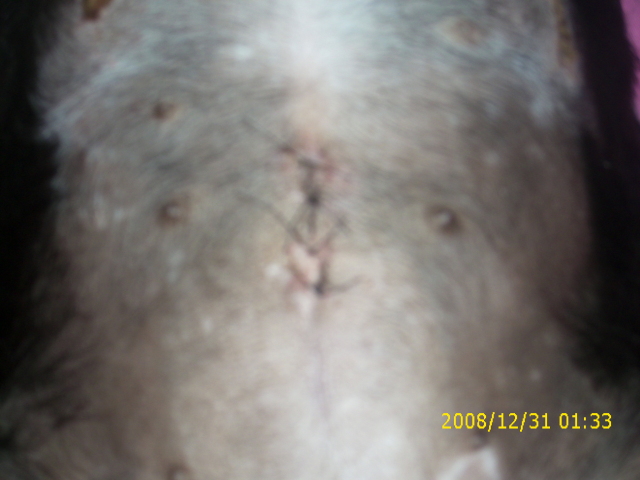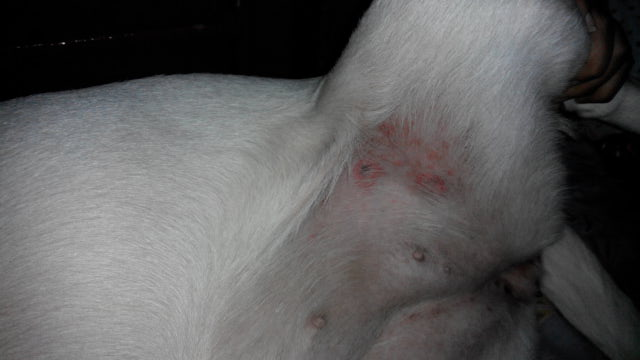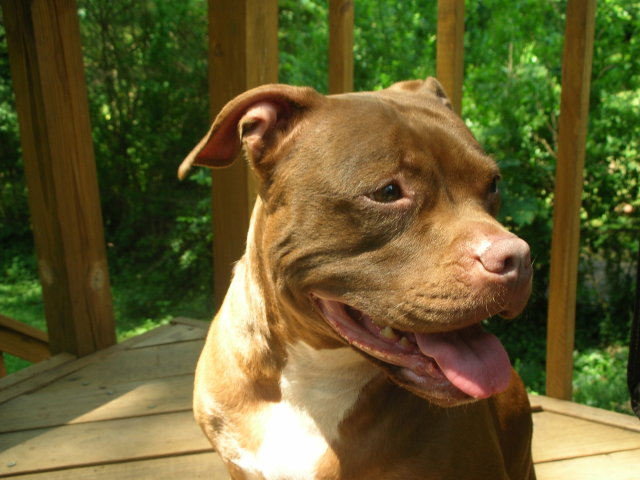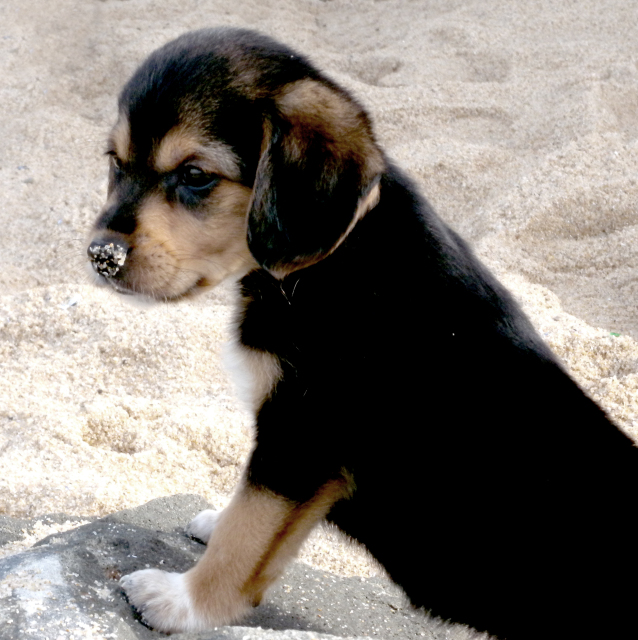QuestionHi!
I have a two years three months old Labrador retriever, named dodo. He is a very healthy dog, has a pretty good appetite, has sound sleep, and his growth is awesome too.
All's well except for these hot spots that he is having in his belly for a very long time now (2 years or so). But surprisingly, these hot spots don't itch and he dosen't scratch those. We have seen all the leading vets in our city, all have had different opinions on his hot spots and none so far have been successful in either diagnosing nor curing the problem. He has had a blood test in which the results were negative. He has had many periodic shots, ointments, oral medicines and natural oils as treatment. Nothing seems to work. These hot spots in his belly just refuse to go. The last vet said he has eczema, although he didn't seem too confident about it and accordingly the treatement for eczema as prescribed by the doc is going on for the last ten days. But so far, there is no succcess. Could you please help us out? Kindly oblige by replying back.
Note: I have taken a few pictures of the affected area. if you could send me your e-mail ID, I could send you the pictures.
Regards
Asim Chatterjee
Kolkata
India
AnswerHi Asim,
Basically, your dog has some sort of skin eruptions on his belly, but they aren't "hot", meaning they're not driving him insane with itching, right?
Has Demodectic mites been ruled out? Demodex mites (also called Mange) usually create irregularly shaped, mildly irritated areas of hair loss. The skin is usually not inflamed and the lesions are not itchy.
The mite usually lives in relative harmony with the dog and it is assumed that most dogs have Demodex canis mites on
their body. If the dog's immune system is competent the mites are suppressed and never achieve large enough numbers to cause damage. Sometimes, local areas of the skin are affected by hair loss (alopecia) and secondary bacterial infections are common. When there are only a few patches of hair loss, it is termed "localized demodectic mange." If the disease spreads to many areas of the skin, it becomes "generalized demodectic mange." The localized form is usually treated with topical medication. The generalized form requires shampoo therapy and a special dip or oral medication. Shampooing with special cleansing shampoos helps to flush out the hair follicles prior to dipping.
You can read more about Demodectic Mange (Demodex) here:
http://www.geocities.com/schlosser44/Demodex.html
Treatment of the localized form is generally successful. Treatment of the generalized form is also usually successful, but if the immune system is defective, neither the mites nor the infection may respond to treatment.
Please keep in mind that I am not a doctor, and I've never seen your dog. If your local vet isn't getting to the bottom of the problem, seeing a veterinary dermatologist would be the way to go.
Best of luck,
Patti

 I want to know how to remove my dogs spay stitches and the right way.
Question
this is the area that
I need to know how to r
I want to know how to remove my dogs spay stitches and the right way.
Question
this is the area that
I need to know how to r
 Chewing and ripping apart
Questionbut... im a full time student..... walk her dai
Chewing and ripping apart
Questionbut... im a full time student..... walk her dai
 Live worms came out in my dogs poop and he has some rashes?
Question
The Rashes
She is 15 months old and is
Live worms came out in my dogs poop and he has some rashes?
Question
The Rashes
She is 15 months old and is
 Coping with Incontinence
Question
Abi
Abi, my 8 year old female spayed pit bull,
Coping with Incontinence
Question
Abi
Abi, my 8 year old female spayed pit bull,
 Bedwetting and poop eating
QuestionQUESTION: We have a 12 week old beagle cross wh
Bedwetting and poop eating
QuestionQUESTION: We have a 12 week old beagle cross wh